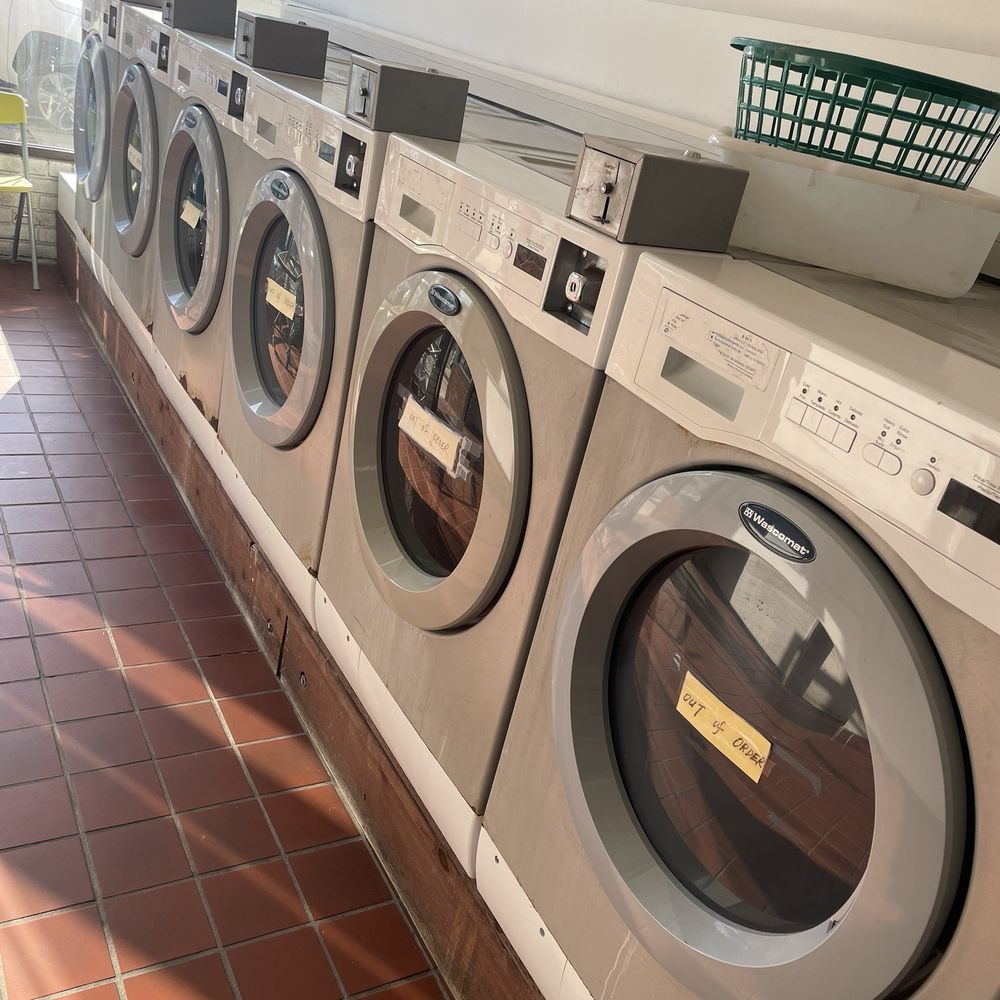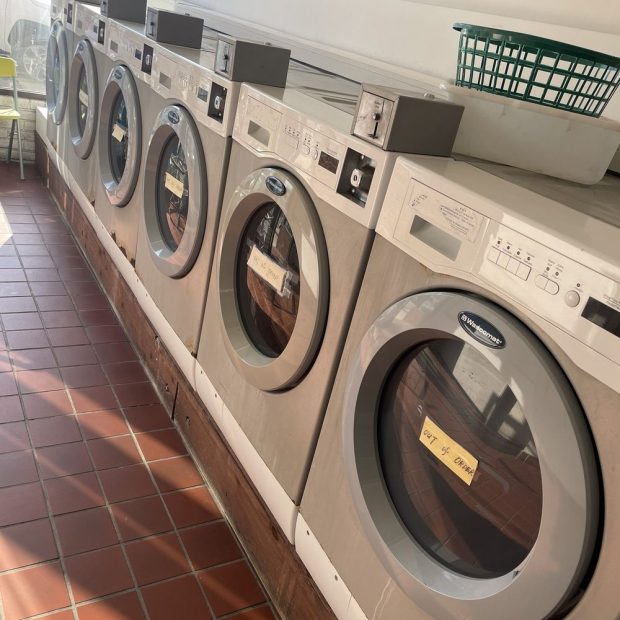
# Codie Sanchez: Shifting from Wall Street Finance to the Laundromat Sector
In an era where entrepreneurship typically manifests through flashy tech innovations or social media-driven retail, Codie Sanchez emerges as a pioneer in a more understated area: “boring businesses.” Her transition from the dynamic landscape of Wall Street to owning laundromats (along with other small, cash-generating ventures) illuminates a subtle yet extremely profitable investment strategy that emphasizes reliability and sustainability over ostentation.
## Who is Codie Sanchez?
Codie Sanchez climbed the ladder in the financial sector, establishing a notable career with Wall Street heavyweights like Vanguard and Goldman Sachs. Her expertise was grounded in private equity and wealth management, where she oversaw multimillion-dollar investment portfolios and offered strategic financial advice to affluent clients. Despite reaching what many perceive as the height of professional achievement, Sanchez eventually became disenchanted with the corporate rat race and started to explore entrepreneurial prospects.
What distinguishes Codie Sanchez is her forthright honesty and unconventional mindset within the business landscape. Rather than pursuing trending sectors or innovative technologies, she focused on what she terms “boring businesses” — entities such as laundromats, car washes, vending machine routes, and rental properties. Although these markets may not attract attention or generate buzz at networking gatherings, they offer something infinitely more precious: consistent and dependable cash flow.
## The Transition from Wall Street to “Boring Businesses”
For Sanchez, the shift to managing businesses like laundromats was not a hasty decision but a strategic maneuver. After years of honing her skills in financial analysis and deal-making, she spotted an opening in often neglected, low-maintenance enterprises. She specifically valued the stable, frequently recession-resistant quality of these sectors. In contrast to Wall Street investments, which are subject to economic fluctuations, these “boring” businesses demonstrated greater predictability in generating revenue.
One of her initial acquisitions was a laundromat. While this may seem unexciting to many, Sanchez recognized its potential. Laundromats serve as essential services that people consistently depend on, irrespective of economic conditions. Furthermore, they require minimal staffing, boast appealing profit margins, and are straightforward to run, aligning perfectly with her investment approach.
A crucial component of her strategy involved applying her Wall Street acumen. Sanchez approached each laundromat purchase as a business transaction, carefully analyzing cash flow statements, assessing scalability prospects, and negotiating acquisition terms. She targeted underperforming laundromats that she could enhance by streamlining operations, eliminating inefficiencies, and integrating innovations like cashless payment options and energy-efficient machines.
## Why Laundromats?
The laundry business may seem like an atypical choice, but Sanchez’s investment ethos focuses on ventures that are both high-margin and low-effort. Here are key reasons laundromats captivated her interest:
1. **Fundamental Service**: Laundromats fulfill a basic human necessity — access to clean clothing. Consequently, they tend to be largely resistant to economic downturns, making them recession-friendly.
2. **Minimal Overhead**: With no inventory to handle and low staffing demands, laundromats are relatively cost-effective to operate.
3. **Passive Income**: Once processes are established and running seamlessly, laundromats can deliver a consistent income stream with limited active involvement, allowing owners to expand and operate multiple locations.
4. **Growth Potential**: By enhancing technology and customer experience (e.g., mobile payment systems, loyalty initiatives), laundromat owners can boost profitability while modernizing their offerings.
As Sanchez has articulated in multiple interviews and on her platform, Acquisitions Anonymous, these oft-overlooked businesses empower her to create wealth with less uncertainty and pressure compared to Wall Street investments or other high-risk opportunities.
## Educating Others: Codie’s Mission with “Contrarian Thinking”
Sanchez’s journey was not solely about building her portfolio of laundromats and other cash-flowing enterprises; it also evolved into her commitment to democratizing financial education. To support this mission, she established *Contrarian Thinking*, a platform designed to instruct investors on how to break free from the rat race by embracing innovative (and frequently unconventional) capitalism.
Through *Contrarian Thinking*, Sanchez offers a variety of free and paid materials, including newsletters, educational courses, and community memberships, aimed at teaching aspiring investors how to pinpoint, acquire, and expand “boring” cash-flow ventures. She emphasizes that individuals from various income brackets and backgrounds can tap into this strategy without the need for millions in initial capital. For instance, Sanchez regularly illustrates how seller financing, a prevalent technique in business acquisitions, can assist investors with limited upfront capital in purchasing businesses with considerable profit potential.
Her contrarian mindset has resonated with an expanding audience of supporters. According to recent data, her free newsletter has gathered hundreds of thousands of subscribers, all of
